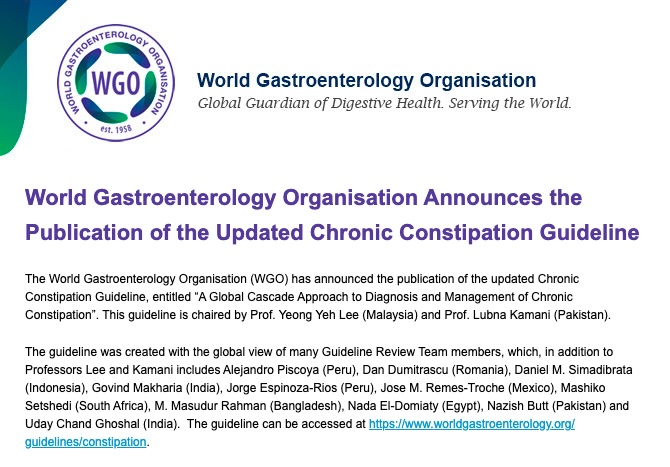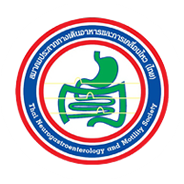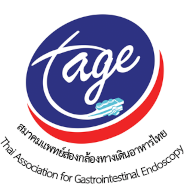GAT NEWS & ACTIVITIES
World Gastroenterology Organisation Announces the Publication of the Updated Chronic Constipation Guideline

The World Gastroenterology Organisation (WGO) has announced the publication of the updated Chronic Constipation Guideline, entitled “A Global Cascade Approach to Diagnosis and Management of Chronic Constipation”. This guideline is chaired by Prof. Yeong Yeh Lee (Malaysia) and Prof. Lubna Kamani (Pakistan).
The guideline was created with the global view of many Guideline Review Team members, which, in addition to Professors Lee and Kamani includes Alejandro Piscoya (Peru), Dan Dumitrascu (Romania), Daniel M. Simadibrata (Indonesia), Govind Makharia (India), Jorge Espinoza-Rios (Peru), Jose M. Remes-Troche (Mexico), Mashiko Setshedi (South Africa), M. Masudur Rahman (Bangladesh), Nada El-Domiaty (Egypt), Nazish Butt (Pakistan) and Uday Chand Ghoshal (India). The guideline can be accessed at https://www.worldgastroenterology.org/guidelines/constipation.
The term “constipation” varies in meaning and perception across patients, cultures, and regions, likely influenced by dietary habits, lifestyle, and societal norms. While physicians typically define constipation infrequent bowel movements (usually < 3 bowel movements per week), patients often describe a broader range of symptoms, including hard stools, incomplete evacuation, abdominal discomfort, bloating, straining, anorectal blockage, and the need for manual maneuvers.
In introducing this guideline, Prof. Lee stated, “Given the substantial burden of chronic constipation on individuals and healthcare systems, there is a critical need for standardized, evidence-based guidelines. This document provides comprehensive recommendations to support healthcare professionals in the effective diagnosis and management of chronic constipation across diverse clinical settings worldwide.”
WGO guidelines uniquely feature cascades, which recognize the global variations in disease epidemiology, sociocultural factors, and healthcare systems. These differences often make it impractical to implement a single universal gold-standard approach. Instead, the WGO Guidelines provide a tiered framework that offers context-specific and resource-sensitive recommendations, ensuring adaptability to diverse healthcare settings.
As Prof. Kamani added: “This Global WGO Guideline introduces a series of cascades designed to guide the diagnosis and management of chronic constipation, making them applicable across different regions and healthcare infrastructures. Developed for healthcare professionals, including primary care physicians and gastroenterologists, this guideline aims to support clinical decision-making for chronic constipation in a manner that is both globally relevant and locally applicable, ultimately enhancing patient care worldwide.”
WGO has a library of 27 global guidelines, which are written from a viewpoint of global applicability. Each guideline goes through a rigorous process of authoring, editing and peer review, and is as evidence-based as possible. WGO is the only organization whose guidelines have adopted a global focus. Each WGO guideline is available in English, French, Mandarin, Portuguese, Russian and Spanish, and is updated as new information and evidence is discovered. The Global Guidelines Committee meets each year to discuss updating and creating new guidelines and consists of 30-plus members from around the globe.
 TH
TH
 EN
EN






